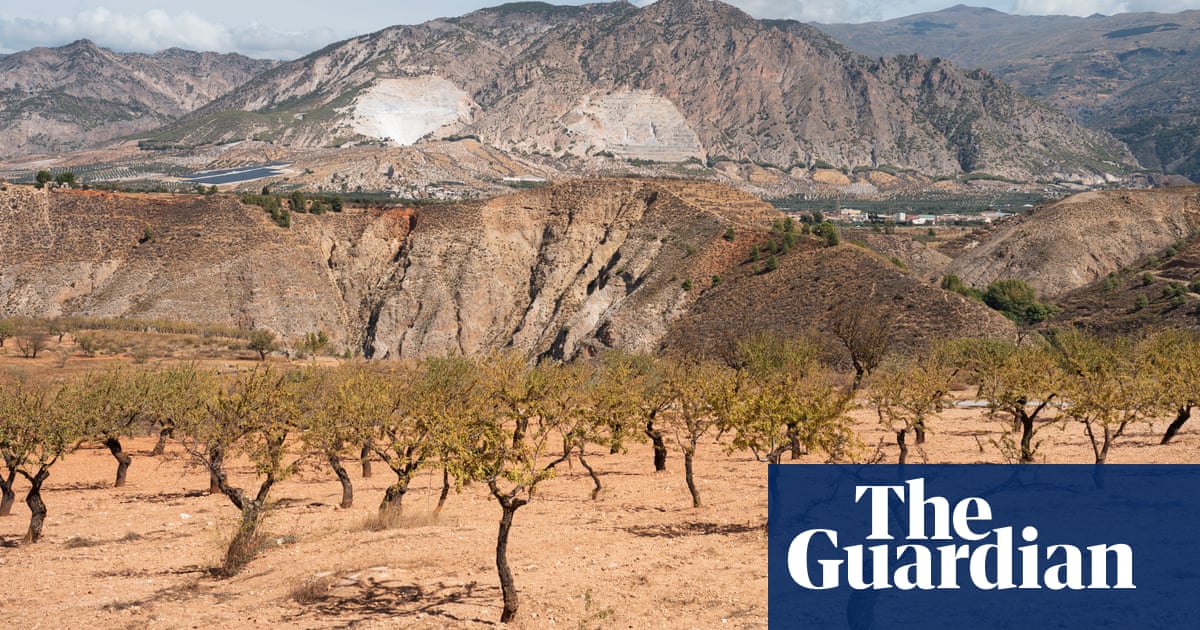But while Garriga and other Catalans have been suffering water shortages in recent years, there’s one group of people that appears to be immune, and even profits from them: the multinational companies extracting millions of litres of water from the very same land. This isn’t just a Spanish issue – across the world, from Uruguay to Mexico, Canada to the UK, many have begun to question whether private corporations should be allowed to siphon off a vital public resource, then sell it back to citizens as bottled water.
The tragedy in Spain makes the country one of the canaries in the coalmine when it comes to understanding the global threat to water security. Can the growing number of angry citizens surrounded by private water plants but left without safe water in their homes force a rethink of how this resource is managed? And as weather patterns change, should private companies continue to have easy access to vital reserves of underground water?



No offense but I had the displeasure to taste spanish water (bottled) and it is not good at all. It’s oily, greasy. Just plain foul.
And if the distribution water is not good, then it is not being properly treated.
Bullshit. Spanish bottled water is spring water, not filtered water. It is not oily, period. Give us lab data, proof. All bottled water must pass testing by independent labs. Water in coastal areas is often not great tasting, but 100% safe. This is because many networks are centuries old, and can have infiltration from seawater, but it’s all 100% human safe. You’ll find a ton of areas in Belgium, Germany, and the Netherlands where tap water doesn’t taste great. Water in Madrid, and other non coastal areas, for example is so good, it’s often said it could be bottled and sold.
As for treatment, it’s properly treated, it’s not like in the US where you can get amoeba from tap water, or have flammable tap water!